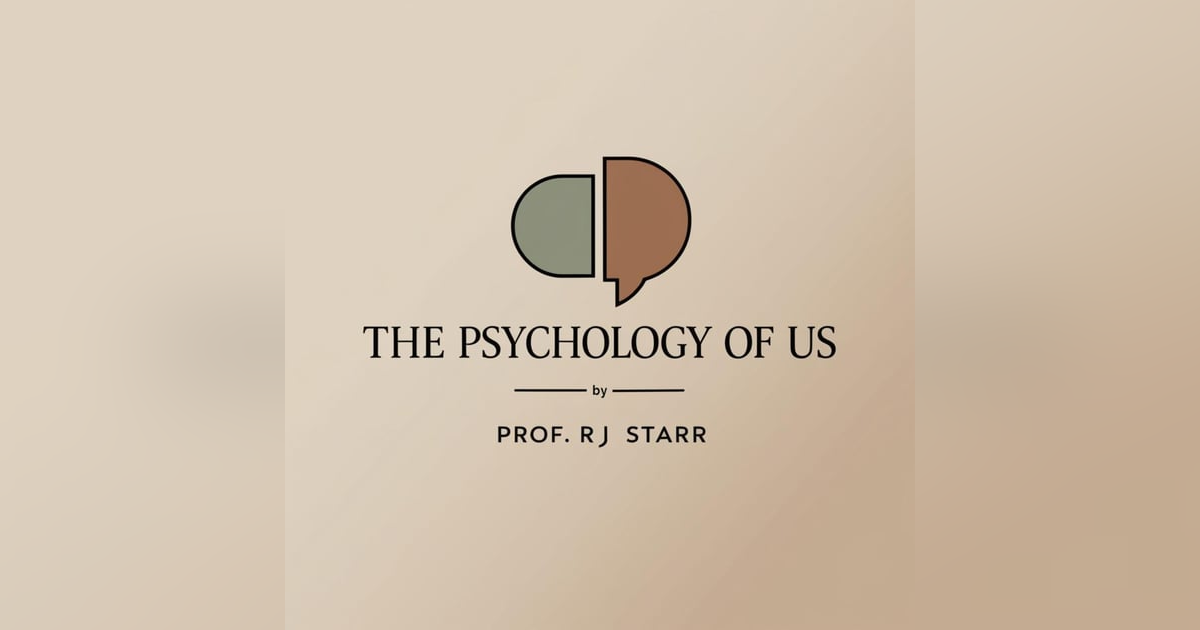The Psychology of Having an Opinion: Why We Care How Other People Live

It began as a light moment in class on Halloween morning.
Students were chatting about their plans—costumes, haunted houses, parties—when one young woman casually said she always puts up her Christmas tree that night. She doesn’t do anything for Halloween, so every October 31st, she decorates for Christmas instead.
Her classmates immediately reacted. “Too early.” “Way too soon.” “That’s weird.” Laughter filled the room, followed by the kind of teasing that feels harmless on the surface but reveals something much deeper underneath.
Then one of the classroom comedians—Cody—turned to ask, “Professor, what’s the psychology behind that?”
And that question opened a door.
Because if we’re going to talk about the psychology of putting up a Christmas tree early, we also have to talk about the psychology of having an opinion about it. Why do people care so much about what other people do—especially when it doesn’t affect them at all?
This episode explores the hidden motives behind everyday opinions: the need for belonging, the comfort of conformity, the illusion of control, and the ego’s constant hunger to matter. From classroom dynamics to digital culture, from Freud’s projection to modern social identity theory, we’ll look at why people are so invested in correcting, judging, and commenting on others’ harmless choices—and what that habit reveals about our own emotional insecurity.
We live in an age where opinion feels like oxygen. Everyone has one. Everyone shares one. And silence can feel like irrelevance. But the truth is, most opinions aren’t about the world at all. They’re about us—our anxieties, our need for structure, our fragile sense of rightness.
The most emotionally balanced people don’t lack opinions; they’ve simply learned to practice restraint. They understand that maturity isn’t the freedom to say whatever you think—it’s the freedom not to need to.
This episode invites listeners to examine that reflex to comment or correct, and to ask a deeper question: what am I really trying to regulate—another person’s behavior, or my own discomfort with it?
Through a single classroom moment, The Psychology of Having an Opinion becomes a reflection on human nature itself: how judgment disguises longing, how control masks fear, and how true peace begins when we learn to let others live on their own timeline.
Because the world doesn’t need your opinion to keep turning—but it could use your empathy, your restraint, and your willingness to let people find joy in their own way.
#thepsychologyofus #psychology #humanbehavior #selfawareness #emotionalintelligence #egopsychology #socialpsychology #projection #conformity #empathy #maturity #judgment #selfreflection #culturalpsychology #psychologicalgrowth #profrjstarr #thepsychologyofbeinghuman





